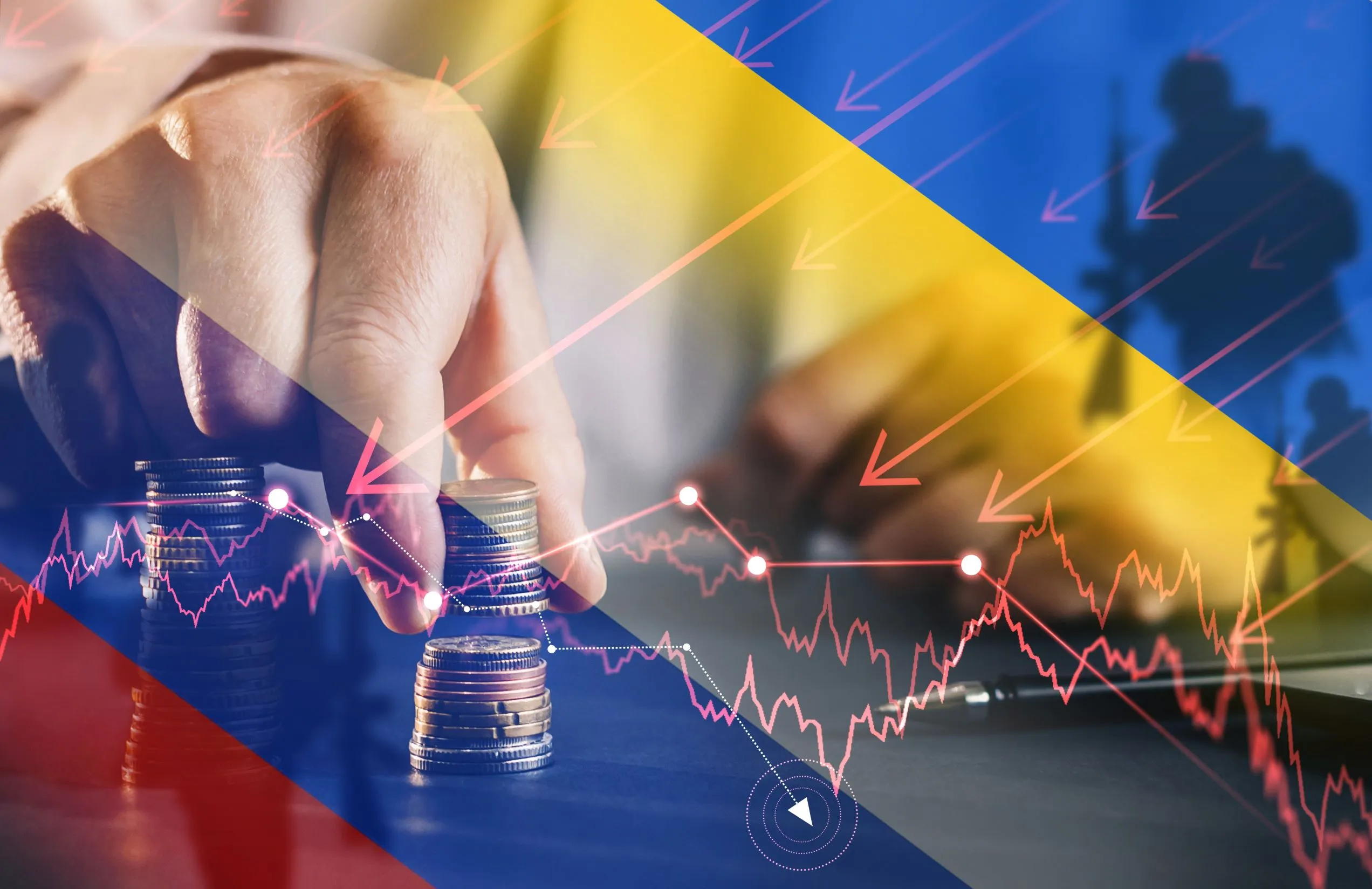The Ukraine-Russia Conflict & Its Impact on the World Economy
On the morning of February 24th, 2022, Russian president Vladimir Putin announced a “special military operation” for the dematerialization and denazification of Ukraine. The countries surrounding Ukraine, which include Poland & Hungary, were particularly affected by this so-called military operation. Almost all of the world’s countries stand unified to the cause of the unexpected attack […]

On the morning of February 24th, 2022, Russian president Vladimir Putin announced a “special military operation” for the dematerialization and denazification of Ukraine. The countries surrounding Ukraine, which include Poland & Hungary, were particularly affected by this so-called military operation.
Almost all of the world’s countries stand unified to the cause of the unexpected attack on Ukraine. They were hurt more than helped, though. Russia is the world’s most prominent natural gas provider. Seeing countries standing against it, Russia cut its gas supply from all those countries. The outcome was a spike in gas costs, which was followed by inflation.
This is merely one of the negative aspects of the ongoing war. Here are some more factors that have been exposed to adverse effects following the Russia-Ukraine war:
Life In Ukraine
Since world war II, Ukraine has shown signs of the fastest displacement crisis in Europe. There are about 7.6 million Ukrainian refugees across Europe. Most of the groups are made up of women and children, who frequently become target of exploitation and violence when there is a crisis.
These refugees found protection in nearby countries like Hungary, Slovakia, and Romania, among others. Women struggle to have access to pre and post-natal care. Children miss out on their education as they are abruptly pulled out of school.
Ukraine’s Influence on the World Economy
As the largest grain exporter, Ukraine fed an estimated 400 million people worldwide with its grain. Its main maritime route departs from the Black Sea, which is impassable because of the fighting.
Extreme hunger crises are already present in places such as the Middle East and Africa. Ukraine was their main grain supplier, and the difficulty in exports worsened their hunger crisis exponentially.
Russian Gas
Among the biggest European countries, Germany imports half of its gas supply from Russia, Italy obtains 46 per cent, while France imports only a quarter of its gas fom Russia.
Smaller European countries, including Bosnia and Herzegovina, Moldova, and North Macedonia, completely rely on Russian Gas. Serbia’s reliance is 89 per cent and Finland & Latvia import 90% of their gas supplies from Russia.
Due to the impact of the current war, the supplies have been reduced or, in some places, even stopped. This resulted in gas rationing, which will exacerbate the reserves in a short amount of time with the winter.
A full cut-off from the Russian gas supply will exhaust all reserves by the end of 2022. This would cause thousands of people’s employment and industries to suffer, and it will force the closure of enterprises that use a lot of energy.
Takeaway
The conflict between the two countries is detrimentally affecting the world’s economy. It is causing droughts in Africa, low gas reserves in Europe, and a plethora of difficulties for the Ukrainians.
The discussion of this Russia-Ukraine conflict has been a household topic, just like bitcoin prime. But there seems to be no solution from the UN or any other humanitarian organization to reverse the war or offer a peace settlement.
People are doing their best to help their needy counterparts, but the world is accelerating towards an economic crisis while countless lives are being lost. Will there ever be a pause or stop to this? No one knows.
